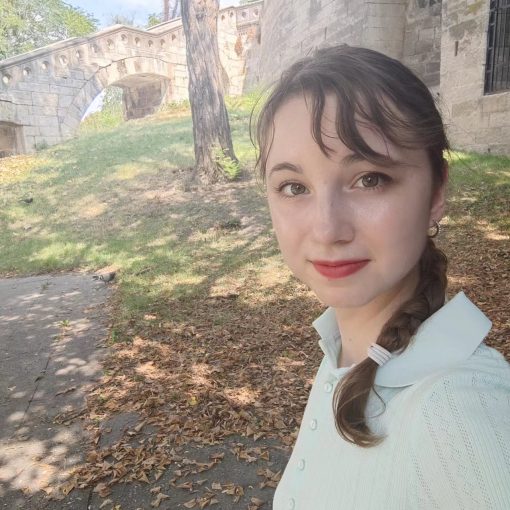The files we follow: China in the Indo-Pacific; Chinese military and Taiwan Strait; Chinese economic strategies and tendencies ; China and Eastern Europe…
GET YOUR SUBSCRIPTION FOR FREE!
– Appointment of a new Chinese Defence Minister
On 29 December 2023, Admiral Dong Jun was appointed China’s Minister of Defence, filling the post left vacant since the end of October 2023, following the dismissal of General Li Shangfu. Prior to his appointment, Dong Jun was Commander of the PLA Navy (1), which is now the responsibility of Admiral Hu Zhongming. This is the first time that a Chinese MINDEF has come from the Navy.
The appointment of Admiral Dong Jun as head of the Chinese defence may reflect a greater interest in maritime issues, as pressure in the South China Sea and around Taiwan continues to grow. Li Shangfu, who was appointed MINDEF in March 2023, “disappeared” from the political scene in August of the same year, and was not officially dismissed until October 2023. His ouster was reportedly the result of anti-corruption efforts affecting the Rocket Force, from which he came, as well as the Armaments Development Department, which he headed from 2013 to 2016 and again from 2017 to 2022.
The press also notes that, unlike his predecessor, Dong Jun is not subject to sanctions by the US administration, and could therefore talk directly to his US counterpart.
In all this political ballet, no mention was made of General Wei Fenghe, also a former commander of the Rocket Force. He has not made an official appearance since last summer.
– Constant but moderate military pressure around Taiwan
With Taiwan’s presidential elections scheduled for 13 January, the PLA’s activities around the island are being closely scrutinised. Taiwan’s MINDEF continues to report daily passages of Chinese aircraft and ships detected in the Strait, varying between 4 to 13 aircraft and 4 to 6 ships per day since the beginning of 2024. In addition, between 1 and 8 January, the Taiwanese defence authorities said they had spotted a total of 19 Chinese balloons flying over the island’s approaches or territory.
Nevertheless, Chinese military initiatives around Taiwan in the run-up to the 2024 elections appear to be relatively moderate: air and sea incursions into the Strait remain significant but constant, and the PLA has not conducted any major military exercises. The increase in Chinese balloon detections is also likely to be due more to greater Taiwanese attention to these passages than to an intensification of Chinese launches. It should be noted that to date there has been no indication that these balloons have been used for military purposes.
But this apparent calm does not mean that China is remaining laissez-faire: it is exerting multiple pressures on Taiwan through trade restrictions, influence operations (misinformation or opinion manipulation campaigns, threats, bribes) and speeches reiterating its fundamental principles – “no concessions or compromises will be made on the Taiwan question”, as Major-General Song Yanchao pointed out during his meeting with Michael Chase on 9 December.
Finally, if the DPP (Democratic Progressive Party, which claims a distinct Taiwanese identity) wins, we can expect – as in 2020 – an intensification of PLA activity around the island.
– Fight against corruption within the PLA
At the end of December, three Chinese major defense industry high officials were recently dismissed from their roles as representatives on the CPPCC (2): Wu Yansheng, Chairman of the China Aerospace Science and Technology Corporation (CASC); Liu Shiquan, Chairman of the Board of Directors of NORINCO; and Wang Changqing, Deputy Director of the China Aerospace Science and Industry Corporation (CASIC) (3). A few days earlier, Hu Wenming, former chairman of the China Shipbuilding Industry Corporation (CSIC), was sentenced to 13 years in prison and fined 5 million yuan (US$700,000) for bribing and abuse of power.
The Chinese media, as usual, remain silent on the reasons for these dismissals – which, while the three protagonists are retaining their executive functions within their companies for the time being, correspond to their political death and potential professional demise. However, two hypotheses have been put forward by outside observers: 1. the alleged involvement of these three executives in corruption linked to the purchase of arms for the PLA’s Rocket Forces, and 2. their alleged link with former Defense minister Li Shangfu, who was himself supposedly ousted because of corruption.
Last week, 9 Chinese generals were stripped of their posts as delegates to the National People’s Congress (whose role is just as symbolic as that of the CPPCC). Among the nine dismissed generals, five are or were senior officers in the PLA’s Rocket Force.
(1) PLA: People’s Liberation Army – refers to the armed force under the command of the Chinese Communist Party (CCP).
(2) CPPCC: Chinese People’s Political Consultative Conference – a representative body of the political parties in China. Its role is above all symbolic: it approves the decisions taken by the Permanent Bureau of the CCP. Being elected to the CPPCC is also a distinctive element in the Chinese political hierarchy.
(3) Like most players in China’s defence industry, CASC, NORINCO and CASIC are three companies managed by the Chinese state, with strong links to the PLA.






